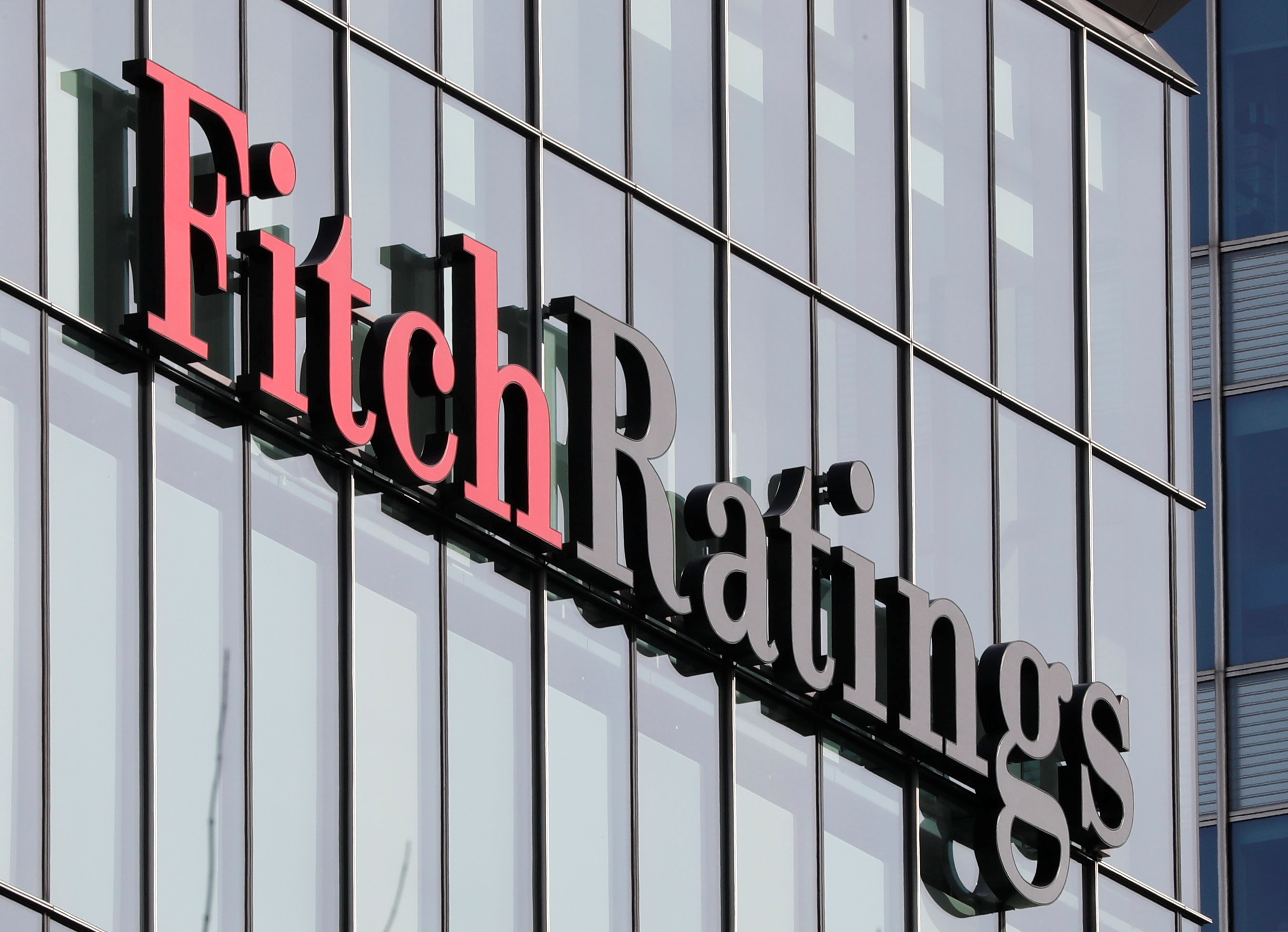Articles
Fitch Ratings Under Fire for Lowering U.S. Credit Rating Amid Crisis
Fitch became the second major ratings agency to cut the United States' credit rating on Tuesday evening.

Fitch Ratings Under Fire for Lowering U.S. Credit Rating Amid Crisis
The reduction of the US government's credit rating by Fitch Ratings has been met with criticism from politicians and well-known economists, while others say it highlights the need for the government to decrease expenditure deficits.
KEY TAKEAWAYS
Fitch Ratings' decision to
cut the United States' credit rating on Tuesday was criticised by government
officials and several academics.
The agency attributed the downgrading on rising government debt and frequent standoffs over the debt ceiling.
Several notable economists
questioned the timing of the downgrading, pointing out that the most recent
debt ceiling standoff was resolved in May.
Others said the downgrading emphasised the importance of reining in budget deficits, which have caused the national debt to rise in recent years.
Fitch became the second major ratings agency to cut the United States' credit rating on Tuesday evening.
The agency cited the mounting national debt and a recent trend of debt ceiling standoffs in which Republican lawmakers threatened not to pay expenses previously authorized by Congress in order to gain concessions from Democratic presidents.
The Fitch rating occurred months after an agreement between Republican and Democratic leaders ended the most recent debt ceiling standoff. President Joe Biden's administration and a number of well-known economists questioned the timing and logic of the downgrading when it appeared to come too late.
Worsening credit ratings could result in greater borrowing costs for the government, as well as an impact on financial markets and consumer loans such as mortgages. Standard and Poor's earlier lowered US credit in the aftermath of a debt ceiling dispute in 2011 and has yet to restore it, leaving Moody's as the only major credit agency offering US sovereign debt a AAA rating.
The S&P 500 and Dow Jones Industrial Average both dipped Wednesday morning as a result of the news, while 10-year Treasury yields increased.
What economists and government officials are saying about Fitch's decision:
Karine Jean-Pierre, White House Press Secretary
"We strongly oppose this decision." Fitch's ratings model fell under President Trump and then improved under President Biden, and it defies logic to downgrade the US at a time when President Biden has provided the strongest recovery of any major economy in the world."
Sean Snaith is the
director of the University of Central Florida's Institute for Economic
Forecasting.
"This is a warning shot across the bow of the United States government that it needs to right its fiscal ship." You can't just spend trillions of dollars more than you earn every year and expect nothing to happen."
Jason Furman, a Harvard economics professor and former top economic adviser to President Barack Obama
"This is utterly ridiculous. And is more likely to demonstrate that Fitch is irrelevant to the views of investors in US sovereign debt than it is to demonstrate anything about the US."
Mohammed El-Erian, president
of Queen's College in Cambridge and head of Allianz's economic advisory board
“I am very puzzled by many
aspects of this announcement, as well as by the timing. I suspect I won't be
the only one. The vast majority of economists and market analysts looking at
this are likely to be equally perplexed by the reasons cited and the timing.
Overall, this announcement is much more likely to be dismissed than have a
lasting disruptive impact on the US economy and markets.”


